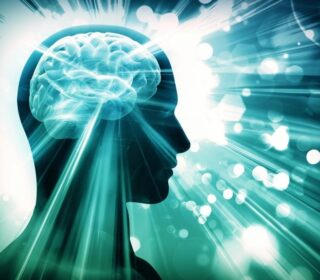New Research Highlights the Crucial Role of Sleep in Brain Development
Sleep deprivation in early life can have devastating consequences on brain development, increasing the risk of neurodevelopmental disorders like autism spectrum disorder (ASD). A recent study from the University of North Carolina Health Care reveals that young mice are unable to recover from sleep loss, leading to lasting behavioral changes and impaired synaptic formation.
Key Findings:
- Sleep disruption in early life disrupts brain development and increases ASD risk
- Young mice lack sleep rebound, making them vulnerable to sleep deprivation
- Sleep loss impairs learning memory and synaptic formation in young mice
- Adults are more resilient to sleep loss, but early life sleep disruption has lasting effects
The Importance of Sleep in Development
Sleep plays a critical role in brain development, allowing neurons to form and connect. Disrupting this process can have lasting effects on brain function and behavior.
Expert Insights:
“Sleep loss during early life can negatively interact with underlying genetic risk for autism spectrum disorder.” – Graham Diering, PhD.
The Study:
Researchers used mouse models to investigate the effects of sleep disruption on brain development and ASD risk. They found that sleep disruption during a critical period (similar to age 1-2 in humans) caused long-lasting deficits in social behavior.
Implications:
- Early sleep issues may indicate neurodevelopmental disorders
- Sleep disruption could be a cause, not just a consequence, of ASD
- Understanding the link between sleep and ASD can lead to earlier diagnoses and new treatments
Reference:
Proceedings of the National Academy of Sciences [include study title, authors, publication, and DOI]
Related Articles:
- The Critical Role of Sleep in Brain Development
- Autism Risk and Sleep Disruption: What Parents Need to Know
- The Long-Term Consequences of Sleep Deprivation in Children
Share Your Thoughts:
How important do you think sleep is for children’s brain development? Do you have concerns about the potential link between sleep disruption and autism risk?

















